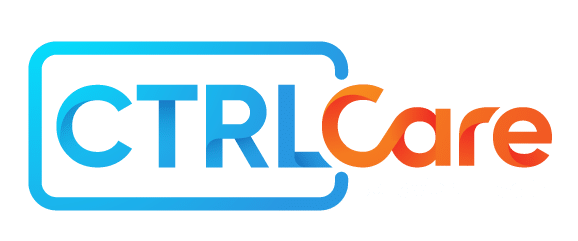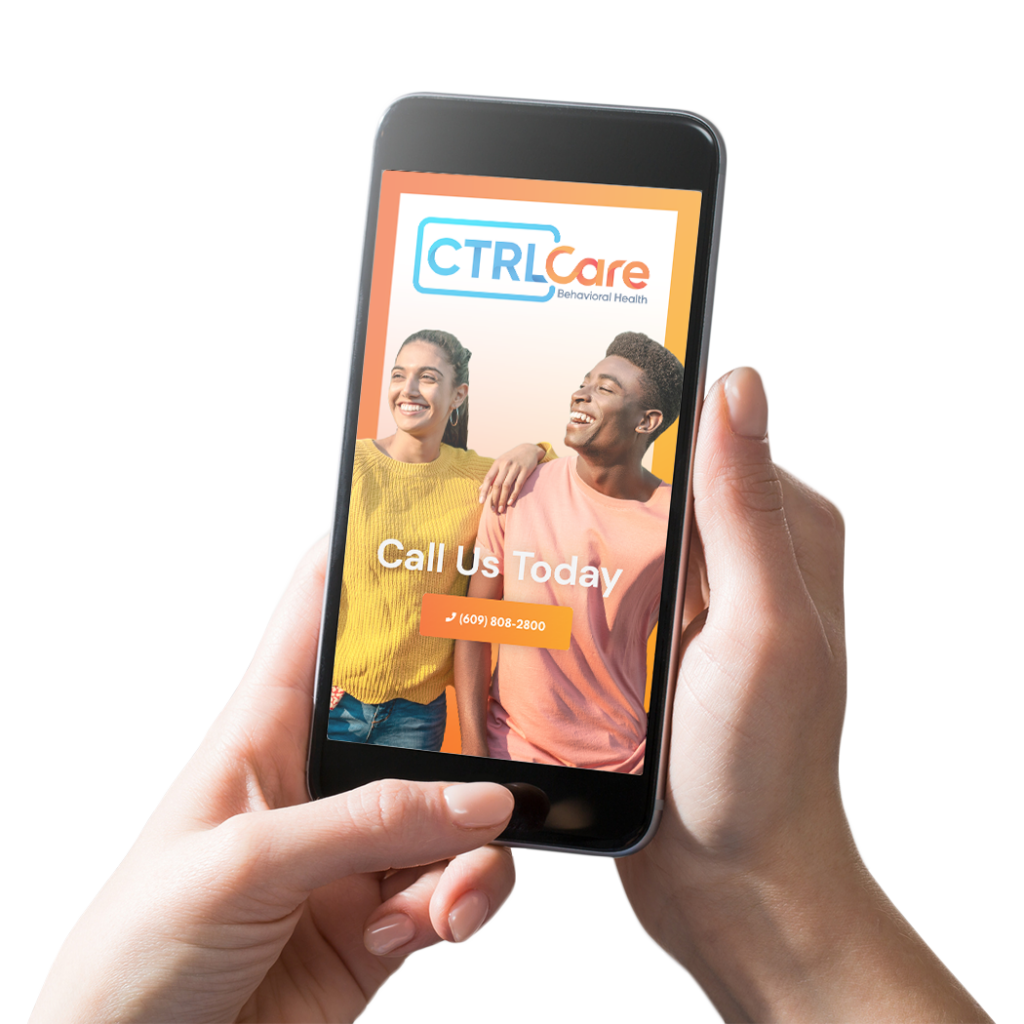DBT is a modified version of CBT. It helps people learn how to live in the moment, regulate their emotions and cope with stress. Like CBT, DBT has shown to be effective at treating various mental health conditions, such as eating disorders and PTSD. It also helps clients improve their relationships with others.
DBT is flexible and may be included in group and individual therapy sessions. Each therapeutic setting has a unique set of goals, and some of the techniques used include mindfulness, emotion regulation, distress tolerance and interpersonal effectiveness.



















